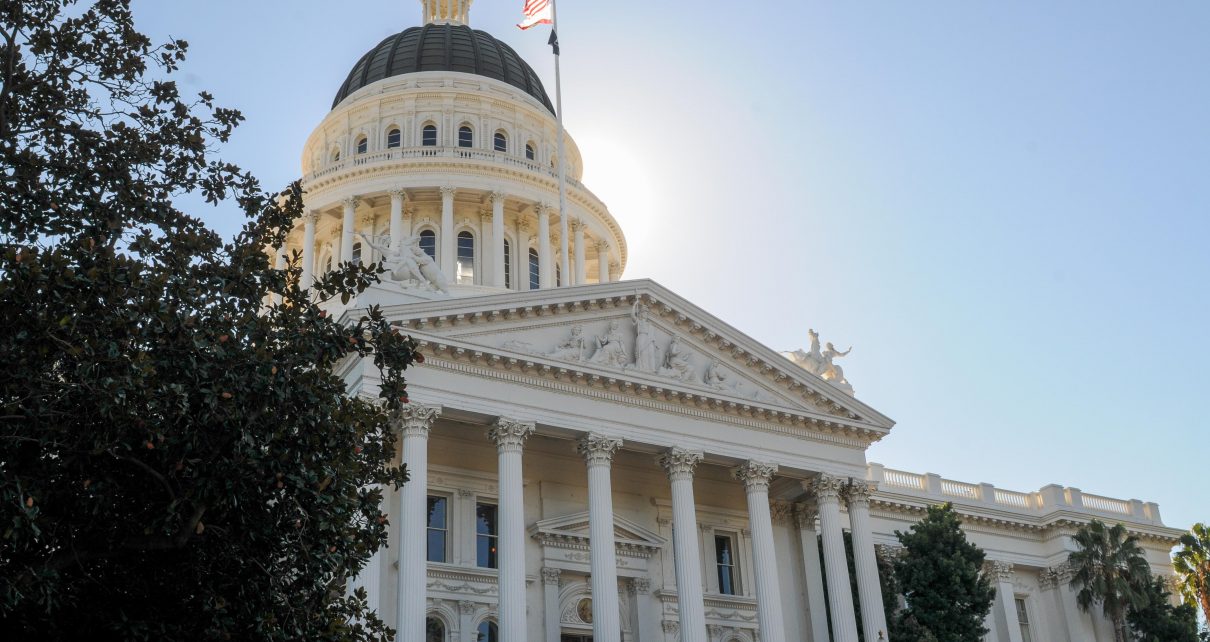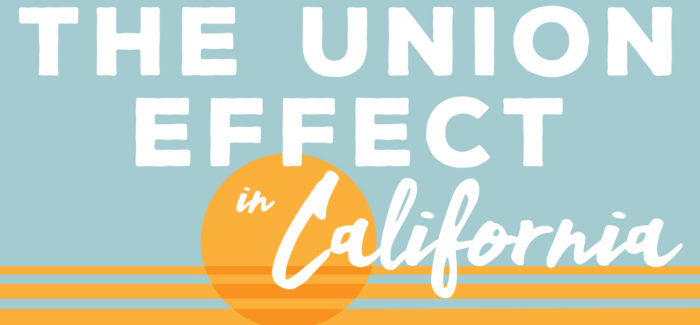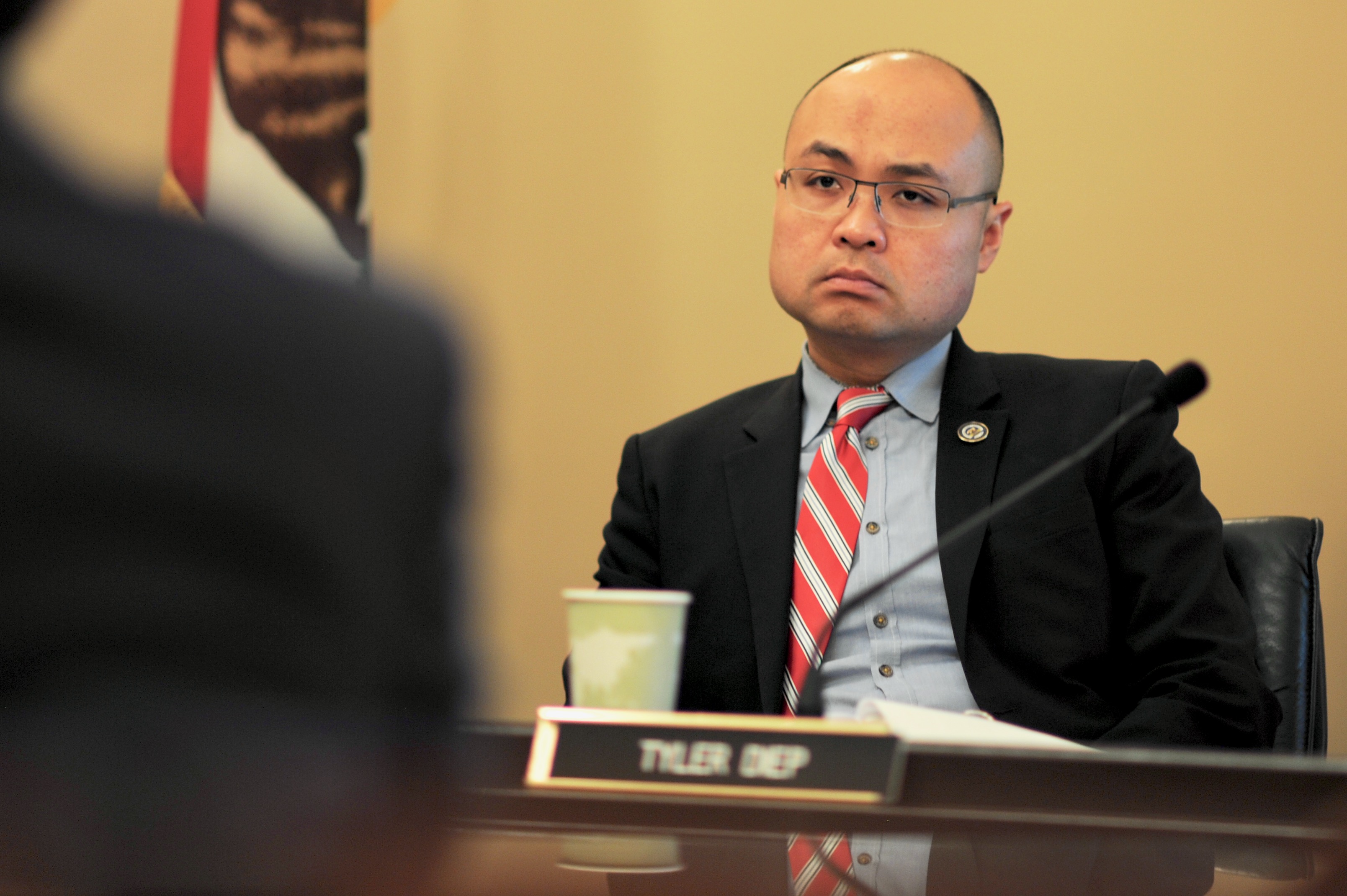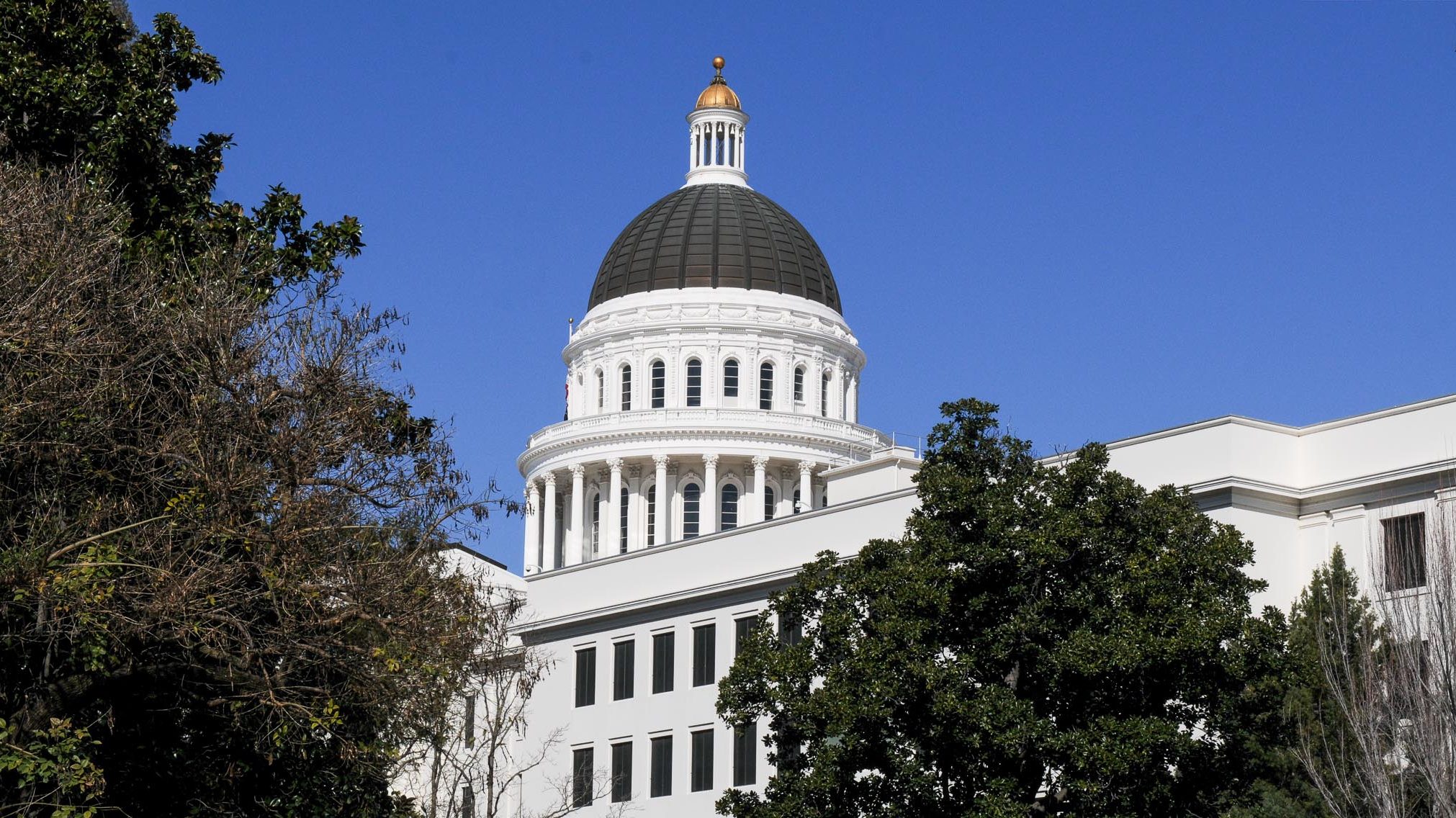
California State Capitol. (Photo: Kevin Sanders for California Globe)
Socially Responsible ‘ESG’ Investing and Public Sector Unions
In the long run, ESG could have a long-term disastrous impact on everyone’s economic fortunes
By Edward Ring, March 19, 2022 2:55 am
For the last few decades what used to be referred to as socially responsible investing has more recently morphed into “ESG” investing. The acronym stands for “environment, social, and governance,” and refers to how investors should evaluate the impact that every company they’re considering investing in has, positive or negative, in those three areas.
ESG investing has rapidly become a mainstream priority in the financial world. This year, the Securities and Exchange Commission is likely to mandate ESG disclosures for publicly traded U.S. companies. Reporting ESG scores is spreading as well to Europe, Canada, Australia, and elsewhere.
The implications of formalizing ESG reporting are intended to transform the global economy. Companies with low ESG scores will not only be subject to institutional divestment, which would itself constitute a serious threat to their ability to do business. They can also be denied access to lines of credit and other banking services, and they can end up unable to purchase insurance coverage.
The scope of what ESG deems objectionable is vast and inevitably subjective. It can implicate companies that may only involve a small fraction of their operations in the frowned upon activities. The allocation of low ESG scores is impacted by the corruptibility of the examiners and the criteria for ESG scoring may in many cases rest on premises that are either false or transient. With all that in mind, here some examples of activities that will draw a failing ESG score:
Alcoholic beverages, tobacco, commercial animal husbandry for food production or animal testing, military equipment, civilian firearms, gambling, private prisons, adult entertainment, oil extraction, production, and refining, coal distribution and coal fired generation of electricity.
Observing this list, it should be immediately obvious that none of these objectionable categories are going to suddenly vanish. They represent sectors that are too huge, contributing services which are either vital (food, energy, security), or for which there is an irrepressible demand (alcohol, tobacco, gambling, porn). This means adoption of ESG, whether or not it is ultimately a good idea, will put a slow squeeze on several gigantic economic sectors, where only the most powerful companies will be left standing as their smaller competitors are eliminated.
A bill recently introduced by California Senate Democrats Lorena Gonzalez and Scott Wiener, SB 1173, will require the two largest public employee retirement systems in the state, CalPERS and CalSTRS, to liquidate their investments in fossil fuel companies. SB 1173 is just the beginning. If passed, there’s no reason to expect California’s legislators to deliver additional rules to the pension funds to bring them further into compliance with ESG criteria.
California’s public employees, and the unions that represent them, will experience positive and negative impacts from ESG reporting. In the short run, there will be some positives. A ban on private prisons will be a gift to the California Correctional Peace Officers Association. As California’s state and local governing bodies incorporate ESG disclosures into their bond offerings, the climate change provisions of ESG will – in order to elevate their score – justify even greater spending on mass transit projects which generate more union jobs. Also to get a good score, municipalities will have to intensify their high-density zoning codes, which will further increase housing prices and, in turn, drive up property tax revenue — a boon for public bureaucrats.
Public employees and their unions will also benefit as state and local laws incorporate additional social ESG criteria, defined as “everything from LGBTQ+ equality, racial diversity in both the executive suite and staff overall, and inclusion programs and hiring practices.” The implementation of favored environmental and social practices in government, along with the monitoring and in many cases enforcement of those practices in the private sector, will create tens of thousands of new jobs for public employees in California.
In the long run, however, ESG could have a long-term disastrous impact on everyone’s economic fortunes, certainly including the public sector. Environmental policies aimed at destroying the fossil fuel industry will leave California with expensive and unreliable renewable energy that depends on foreign imports for systems and raw materials. Social policies that enforce proportional representation by race and gender in all organizations, irrespective of skills and aptitude, will render California’s government agencies and private industries less equipped to compete globally, because they will have deliberately recruited less competitive workforces. And public employee pension funds, crippled by restrictions on where funds can and can’t be invested, will see less of a return as huge swaths of the economy are deemed not politically correct enough to invest in.
Ultimately, the consequences of allowing ESG to undermine California’s economy will mean less prosperity, which will result in lower sales and income tax collected to support the public sector. Less prosperity will also result in lower investment earnings by California pension funds that are already dangerously underfunded and rely on high rates of return to remain solvent. When it comes to ESG, California’s public sector employees, and their unions, may want to think very carefully about what they’re getting themselves into.
- Ringside: What Will California Gas Prices Do in 2026? - February 19, 2026
- Ringside: Large Scale Desalination Belongs in California’s Water Strategy - February 12, 2026
- Governor Newsom: Turn Up the Delta Pumps! - February 11, 2026





Comrades it’s pitiful the Commissars sternly woke it up while urban serfs and globalist ravaged deplorables get deeper in debt, sadly losing personal freedoms, getting sicker,,,etc.
Soon will all be the huddled masses in thetarnished city on the hill.
This is how they are going to introduce this into America. Make no mistake about it, this will lead to the Chinese Social credit score system here on us Americans. Thid is part if the great reset.